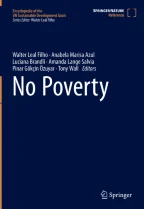
Food sovereignty is broadly defined as the right of local peoples to control their own food systems, including markets, ecological resources, food cultures, and production modes (Wittman 2011).
There is no universally agreed definition for the term “food sovereignty.” However, one of the most commonly used is from the People’s Food Sovereignty Network (2002): “Food Sovereignty is the right of peoples to define their own food and agriculture; to protect and regulate domestic agricultural production and trade in order to achieve sustainable development objectives; to determine the extent to which they want to be self reliant; to restrict the dumping of products in their markets; and to provide local fisheries- based communities the priority in managing the use of and the rights to aquatic resources. Food Sovereignty does not negate trade, but rather it promotes the formulation of trade policies and practices that serve the rights of peoples to food and to safe, healthy and.